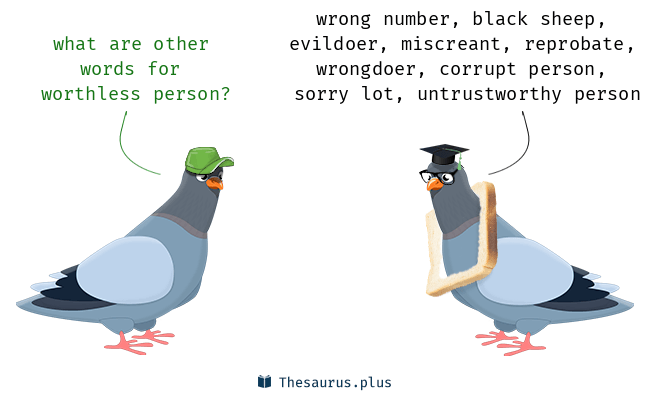Table of Contents Show
The term “worthless person” is often used in a derogatory manner to describe someone perceived as lacking value, purpose, or contribution to society or a particular context. This label can stem from various factors, including social, economic, or personal circumstances, and it often evokes strong emotional reactions. However, it’s essential to understand that such labels can be harmful and reductive, failing to consider the complexities of individual lives and experiences.
Understanding the Concept of Worthlessness
When people refer to someone as a “worthless person,” they may be expressing frustration or disappointment in that individual’s actions or choices. This term often carries a heavy stigma, as it suggests that a person has no redeemable qualities or potential for growth. It is crucial to examine the societal influences that contribute to this mindset.
The Impact of Labels
Using terms like “worthless” can have detrimental effects on mental health and self-esteem. Individuals labeled in this way may internalize the negativity, leading to feelings of inadequacy, depression, or anxiety. These labels can also perpetuate cycles of discrimination and exclusion, making it challenging for affected individuals to seek help or improve their circumstances.
The Importance of Compassion
Instead of using derogatory language, it is more constructive to approach situations with empathy and understanding. Everyone has unique struggles that may not be visible on the surface. By promoting compassion and support, we can help individuals realize their worth and potential, fostering an environment where everyone feels valued.
Challenging Negative Narratives
To counter the harmful implications of calling someone “worthless,” it is vital to challenge negative narratives and stereotypes. Encouraging conversations around mental health, personal development, and resilience can help shift the focus from labeling to understanding. Recognizing that everyone has inherent worth and the capacity for change is essential for fostering a more compassionate society.
In conclusion, while the term “worthless person” may be used casually in everyday language, it carries significant weight and can lead to harmful consequences. By rethinking how we label others and promoting a culture of empathy, we can help uplift those who may feel marginalized or undervalued. Each individual has something to contribute, and understanding this is the first step towards creating a more inclusive world.










